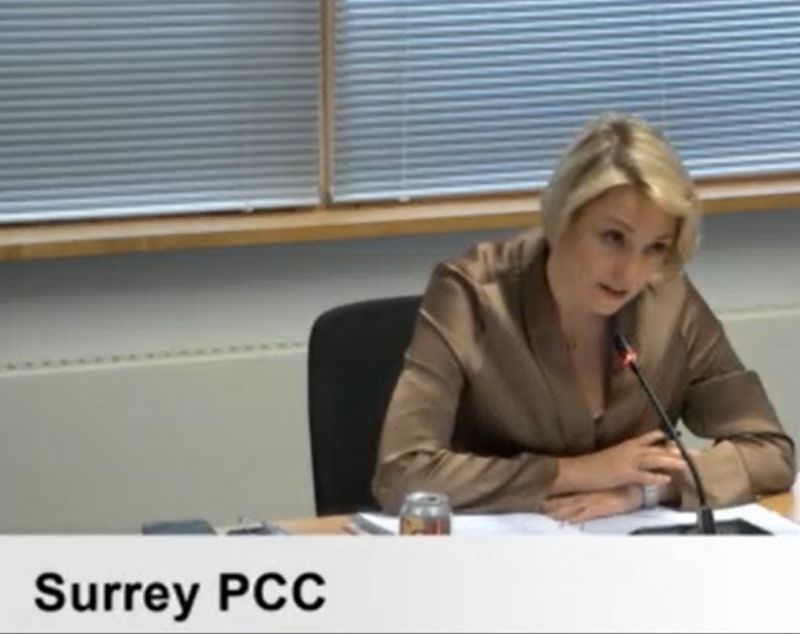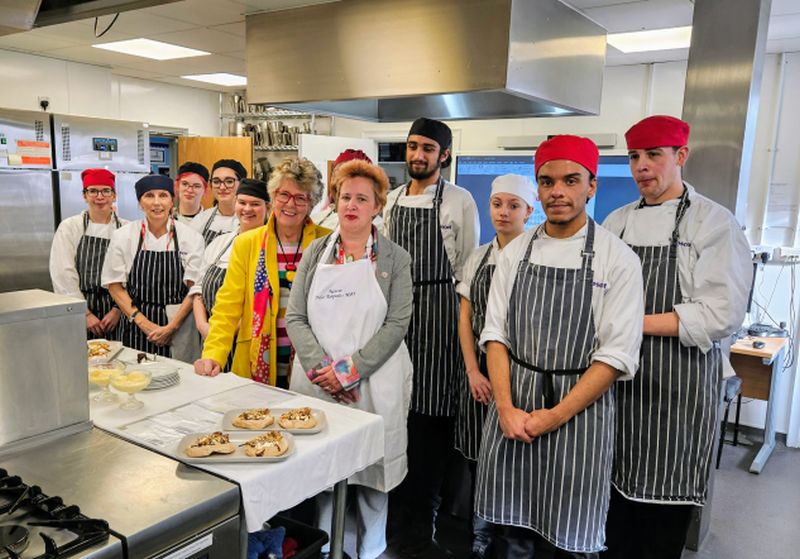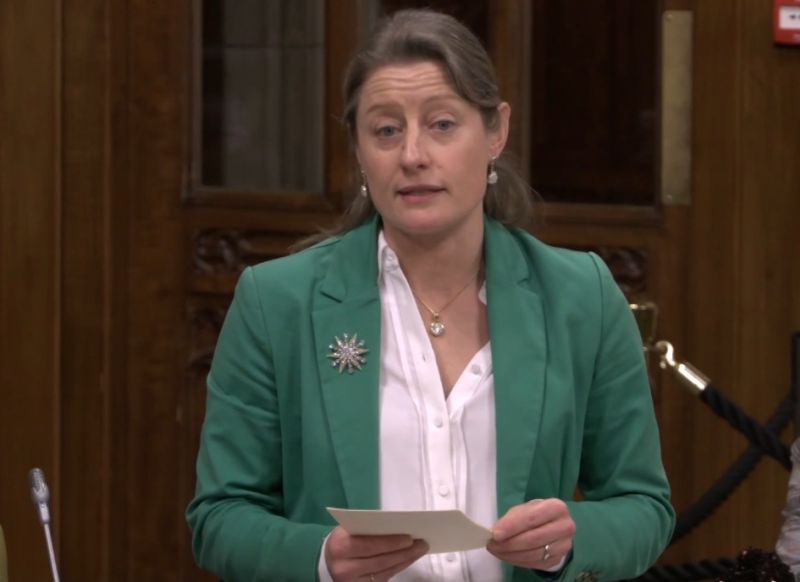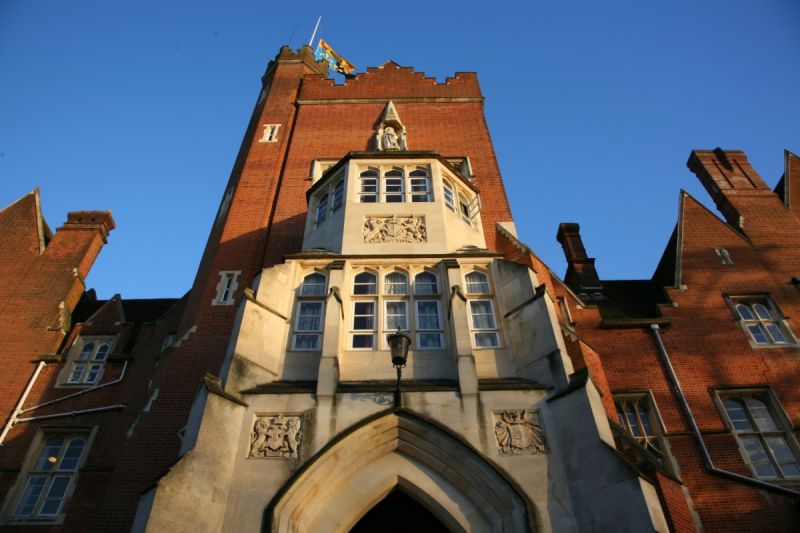Taxing question for Surrey’s private schools
Labour’s proposal to add VAT to private school fees has ignited a fierce debate in Surrey, home to numerous prestigious independent schools. The policy, aimed at generating £1.5 billion to improve state education, has drawn both sharp criticism and staunch support from local residents, educators, and politicians
One Surrey grandmother explained that her grandchildren go to private school and says she thought it is a “ridiculous” policy on “hard-working people”.
Labour has said that if it wins the general election it plans to remove tax exemptions that private schools enjoy, generating around £1.5billion. The most significant of these is scrapping VAT exemptions on private school fees.
Critics say taxing private schools does not hit the super rich but hurts middle-income parents. Cllr Kate Fairhurst (Conservative/ Reigate) said: “I am very concerned that Labour’s plans will punish families striving and investing for a better future for their children.”
Private schools could make cuts to absorb the added VAT cost, Labour Shadow Chancellor of the Exchequer Rachel Reeves has said, so it is not passed on to parents.
Profoundly objecting, Roger Jones, a previous Conservative candidate for Dorking. said: “Private schools would have to axe a third of its [departments]”, causing the most affluent of pupils to move to other fee paying schools” or in the public sector. He added the suggestion of cuts as an option is rooted in the Labour’s envy of the privately educated.
With the money raised, Labour said it will improve standards in state schools by employing 6,500 teachers, improving schools and careers advice, as well as helping pay for mental health support staff in every secondary school.
Surrey has around 140 private schools: including primary, secondary and special schools. Fees vary between schools, but the cost of independent education in Surrey is above the national average.
They range from £18,975–£38,367 per year for day pupils and from £25,290–£47,535 per year for boarding. With an addition of 20% tax, this would hike the figures to £22,770- £46,040 annually for day pupils and £30,348- £57,042 for students at boarding schools. To those who can just about squeeze £18k for a year of schooling, the added VAT may make the private sector unaffordable.
“It would be a huge backward step for the county,” added Roger Jones He said: “Should Labour find themselves in government, then this policy will disadvantage every single child of school age and those yet to come.” He argued that taxing private schools would cost the state more than it is projected to generate as more children would move to the public school system.
One woman, who wished to remain anonymous, expressed concerns that the influx of previously private schooled children in the state sector could put strain on already struggling public schools. “Walloping private schools isn’t going to make the state schools better and the money raised will be a drop in the ocean compared to the financial needs of the sector,” she added.
Concerns were raised about the tax not affecting prestigious schools, like Eton, where the woman claimed the pupils are from very wealthy families. She said: “The imposition of 20% VAT won’t even begin to affect the attitude of [those] who are brought up by such schools to believe that they are superior to everyone else.”
Twenty-three-year-old Grace, who went to a comprehensive school in leafy Esher, said raising fees could increase elitism in private schools, making bullying and student dynamics worse. She said: “It’s no secret that private schools have a self-proclaimed elitist culture, and increasing VAT will mean the super rich will be more prolific in these schools.”
The vast majority of independent schools are classed as charities or non-profit making trusts. For-profit schools are not allowed in the UK so funds go towards running and improving schools.
Speaking to people on the doorstep, Guildford ’s Lib Dem candidate Zoe Franklin told the LDRS how a woman in Stoughton made “very careful and conscious spending decisions” to pay for a private school. She said the woman did not have foreign holidays and lived in a modest house to afford private schooling as they were unable to get into the local school of their choice that they felt would best support their child with special needs.
Labour’s policy would exempt private SEND schools Ms Franklin said: “It’s especially hard to hear people who say they feel they have to pay for private education for a child with SEND, because the right support just isn’t there in the state sector.”
Labour first announced this policy in its 2019 manifesto, under Jeremy Corbyn, but was brought back into the news limelight in 2023 by Keir Starmer. Worried parents started a Change.org petition against plans, attracting 145,446 signatures at the time of writing.
Starting in Berkshire, the petition argues parents who currently pay school fees on top of taxes used for school funding will be “adding to the state’s burden rather than opting to relieve it” by choosing an independent school. Critics have argued it is “reasonable” for a service provided by a business, like private schools, to be taxed in the same way as other goods and services. One person commented: “Both are voluntary choices when the state provides a free alternative.”
IPSOS polling, published November 2023, showed the majority of the public (57 per cent) support the Labour party’s proposal., with just under one in five (18 per cent) opposing the policy. Research found that even among 2019 Conservative voters, nearly half (47 per cent) support it, compared to a third (32 per cent) who oppose it.
Speaking on behalf of the party, Labour candidate for Reigate Stuart Brady said: “Introducing VAT on school fees is a tough choice being made against the backdrop of a very difficult economic and fiscal position Labour would inherit from the Tories. Labour wants to drive high and rising standards in all our schools, so that we can break down barriers to opportunity across our country.
“I’ve listened to stories from Reigate Constituents and am aware of the variety of economic and educational positions of those paying privately for education, including parents of children with additional needs. I know that most are not the super-rich. [But] Labour in government will spread opportunity to all parts of the country at every age and every stage.”



















